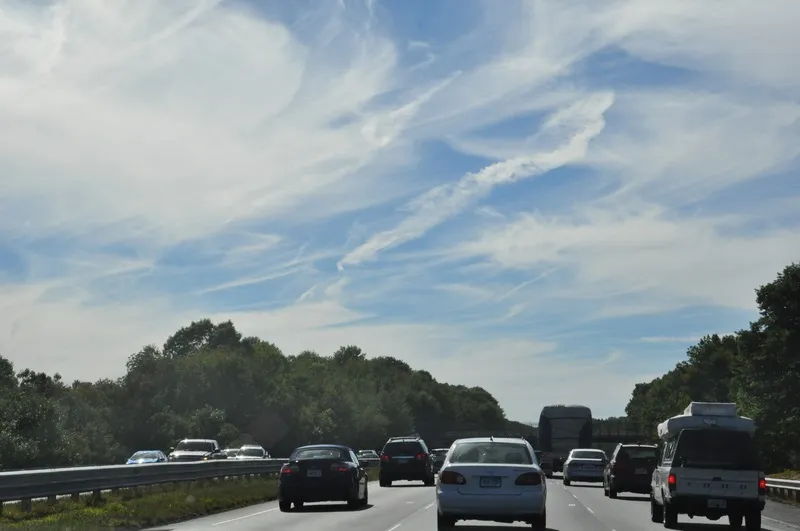
Since 1984, Q-Free has been a leader in tolling solutions, and now the company is driving innovation in road user charging (RUC) — a smarter, more flexible way to pay for road usage. Unlike traditional tolling, RUC calculates fees based on distance driven, with dynamic pricing for factors like rush hour congestion or urban vs rural travel. It also shifts revenue focus, covering external costs like accidents, noise, and delays rather than just infrastructure.
With declining fuel tax revenues due to electric vehicles and reduced car ownership, RUC offers a sustainable alternative. However, existing heavy-vehicle RUC solutions are too bulky, costly, and power-intensive for private cars. Q-Free is changing that with a next-generation GNSS-based tag — theTag4All, which will be launched in Seville.
Tag4All is compact, battery-powered and easy to install. It provides an unprecedented solution that removes RUC barriers with a cable-free device that takes privacy to a new level without sharing any detailed location information. Hence, it is fully compliant with GDPR regulations while offering fully-compliant DSRC technology.
RUC implementations vary by markets, with governments typically overseeing revenue collection. Q-Free’s development is backed by key stakeholders, including the Norwegian Research Council, SINTEF, and the Norwegian Public Road Administration. Following successful large-scale pilots, the company is refining the technology for broader adoption.
“With Tag4All, we’ve developed a solution that combines advanced technology with user simplicity. Our goal has been to make road user charging easy to use for private vehicles without compromising on privacy or reliability,” says Ola Martin Lykkja, RUC 2.0 Project Manager
Q-Free is inviting delegates to its stand at the ITS European Congress to learn more about RUC 2.0, Tag4All and how it’s shaping the future of road charging.
Stand: D4









